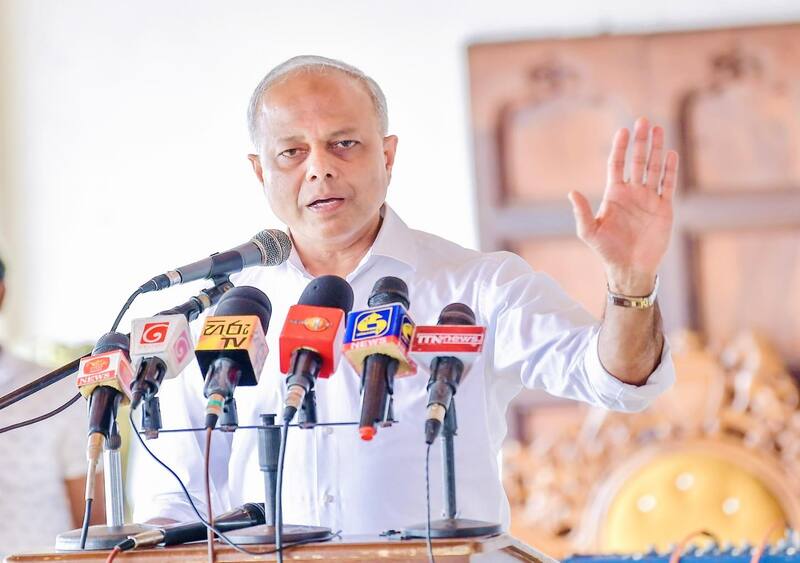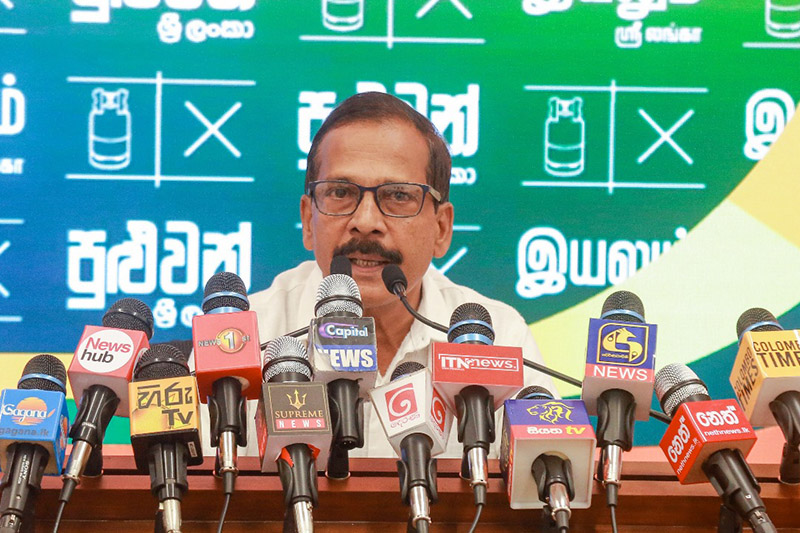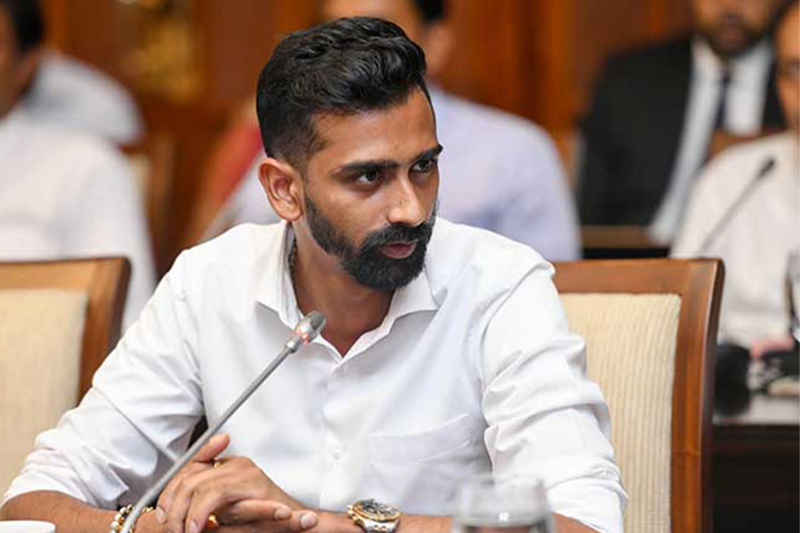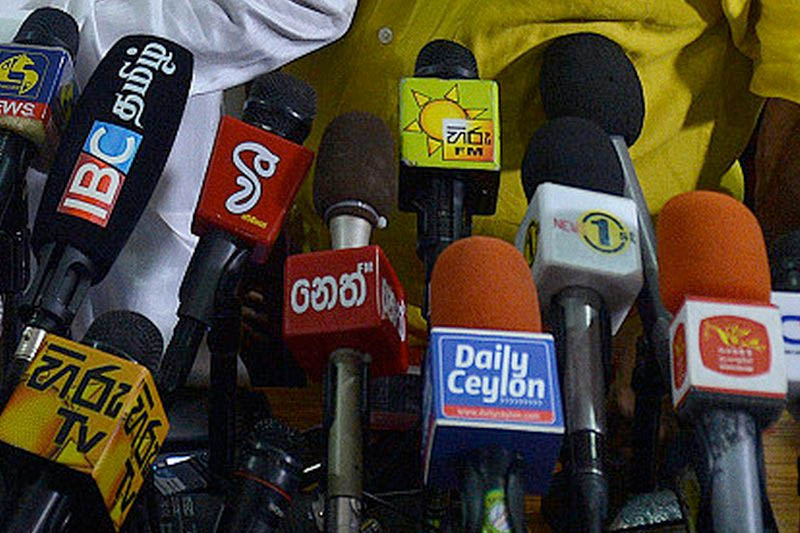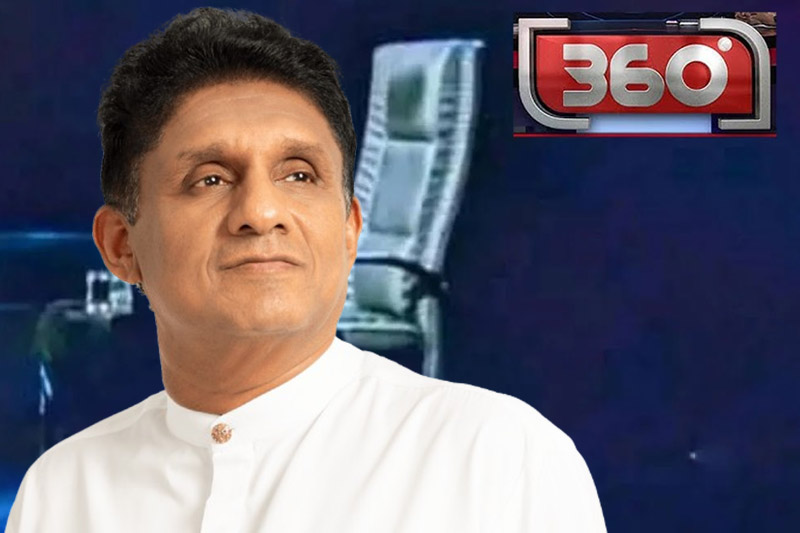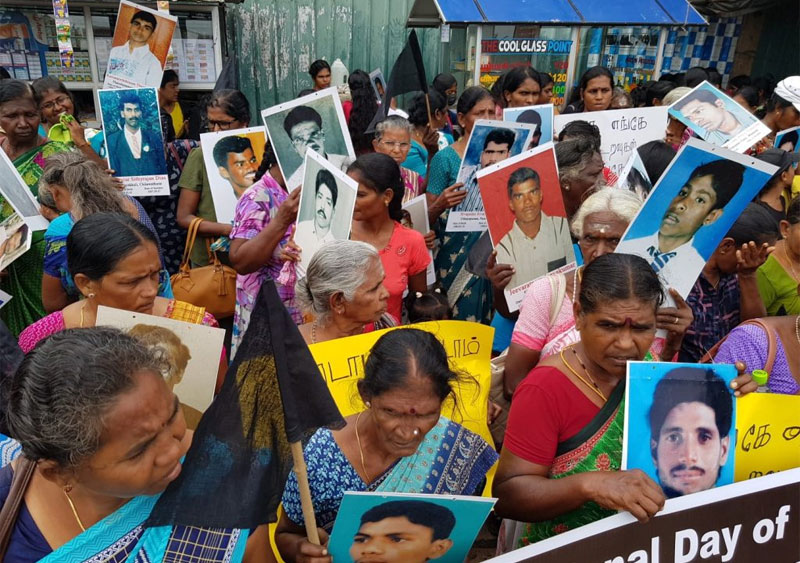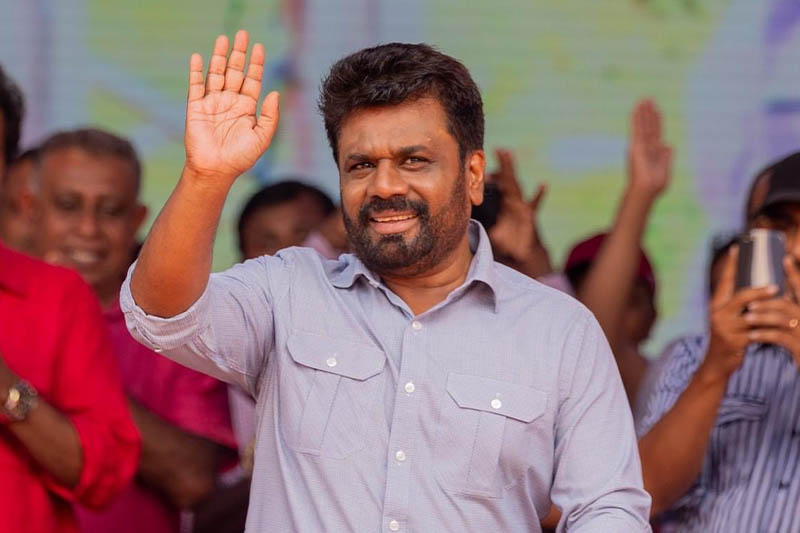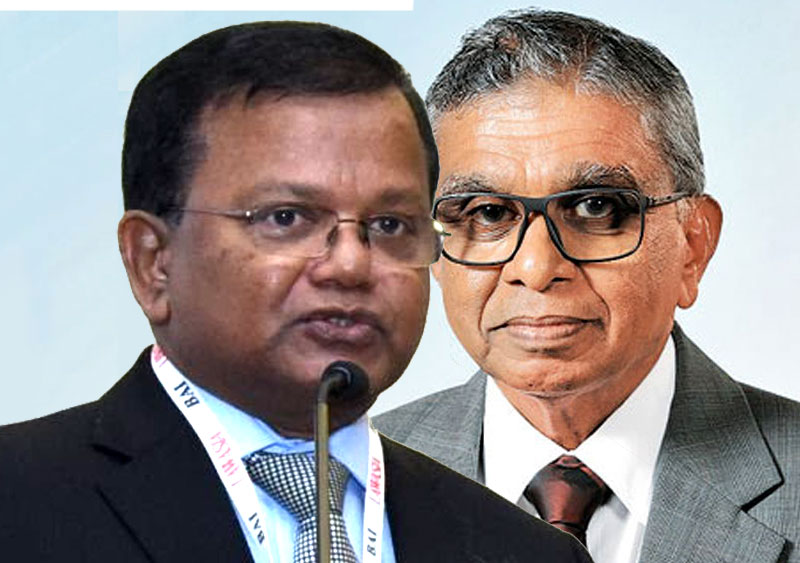Sri Lanka’s current recovery is due to President Ranil Wickremesinghe’s political experience and his strategic international relationships, said Sagala Ratnayaka, Chief of Staff and National Security Advisor to the President in a recent gathering held in Homagama.
Addressing a meeting organised by Ranga Abeysinghe, the Chief Organiser of the United National Party (UNP) in the Homagama electorate, to garner support for President Wickremesinghe in the upcoming Presidential Election, Ratnayaka highlighted the importance of having a well-defined plan in addition to political experience and international relations to achieve recovery. “No matter how much political experience or international connections one has, without a plan, recovery is not possible. The President had a plan, and with public support, we were able to execute it effectively, allowing us to recover quickly,” he noted.
Ratnayaka recalled the challenging times when the country faced shortages of essential commodities like gas, fuel, and medicine. During a period when many leaders were hesitant, Ranil Wickremesinghe stepped forward, receiving bipartisan support from all members of parliament, which enabled him to lead the country out of a dire economic situation.
“We are preparing for an election that will decide the future of our country,” he continued. “Ranil Wickremesinghe is not just our party leader; he is emerging as a leader for all. Despite having only one Parliamentary seat, he managed to gain the confidence of a majority of Parliament members, which is why he now leads the country.”
Ratnayaka further expressed the importance of international cooperation, stating, “We aim to work with the International Monetary Fund (IMF) for the next three years. They will evaluate our adherence to the agreements every six months. Any delays in compliance will hinder our progress. If we don’t align with the IMF, by March, we will face economic stagnation again.”
He warned against renegotiating or cancelling agreements with the IMF, as doing so could have severe repercussions for the country’s economic stability, including a loss of trust from international bodies and a potential return to the economic crisis of 2022.
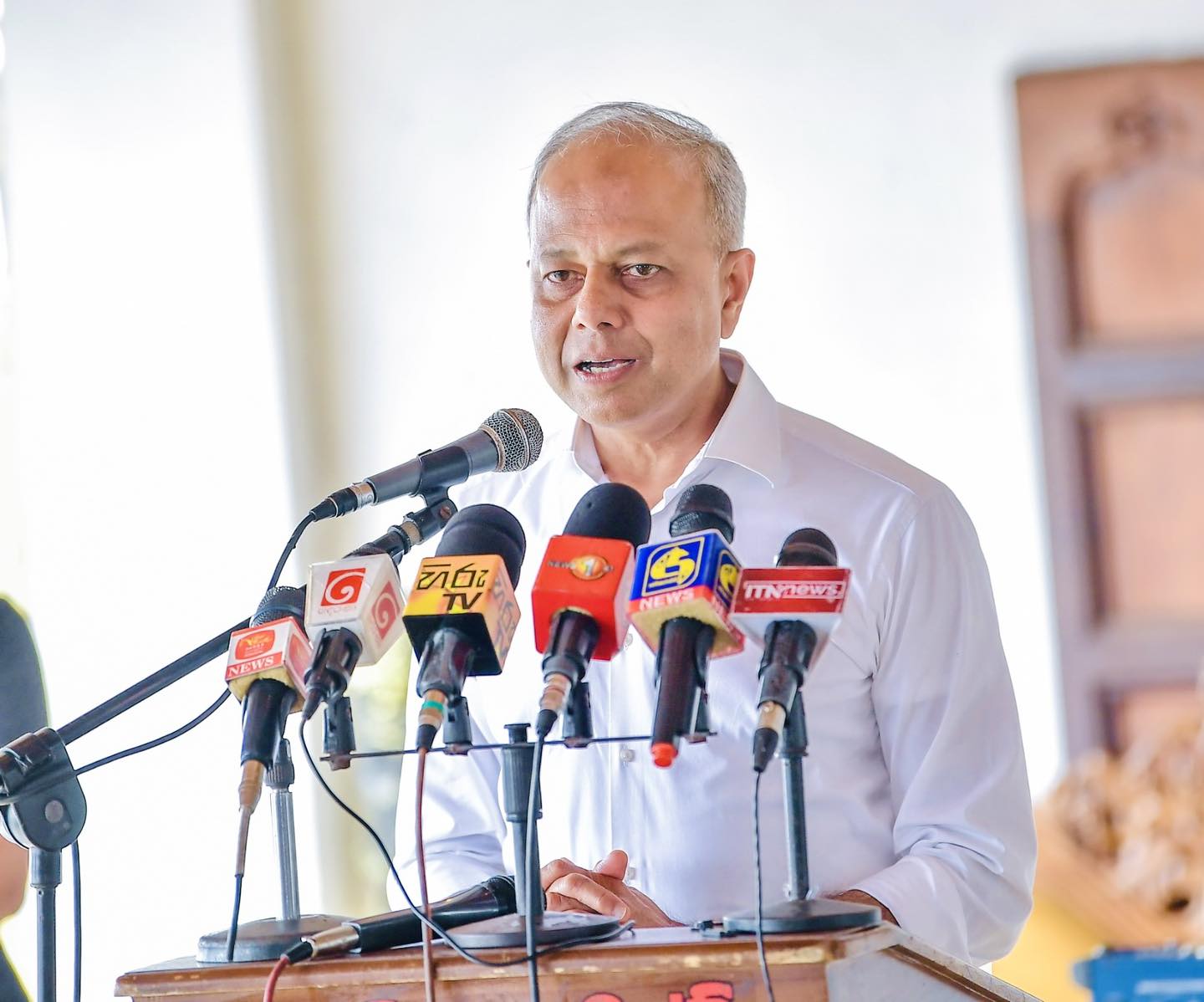
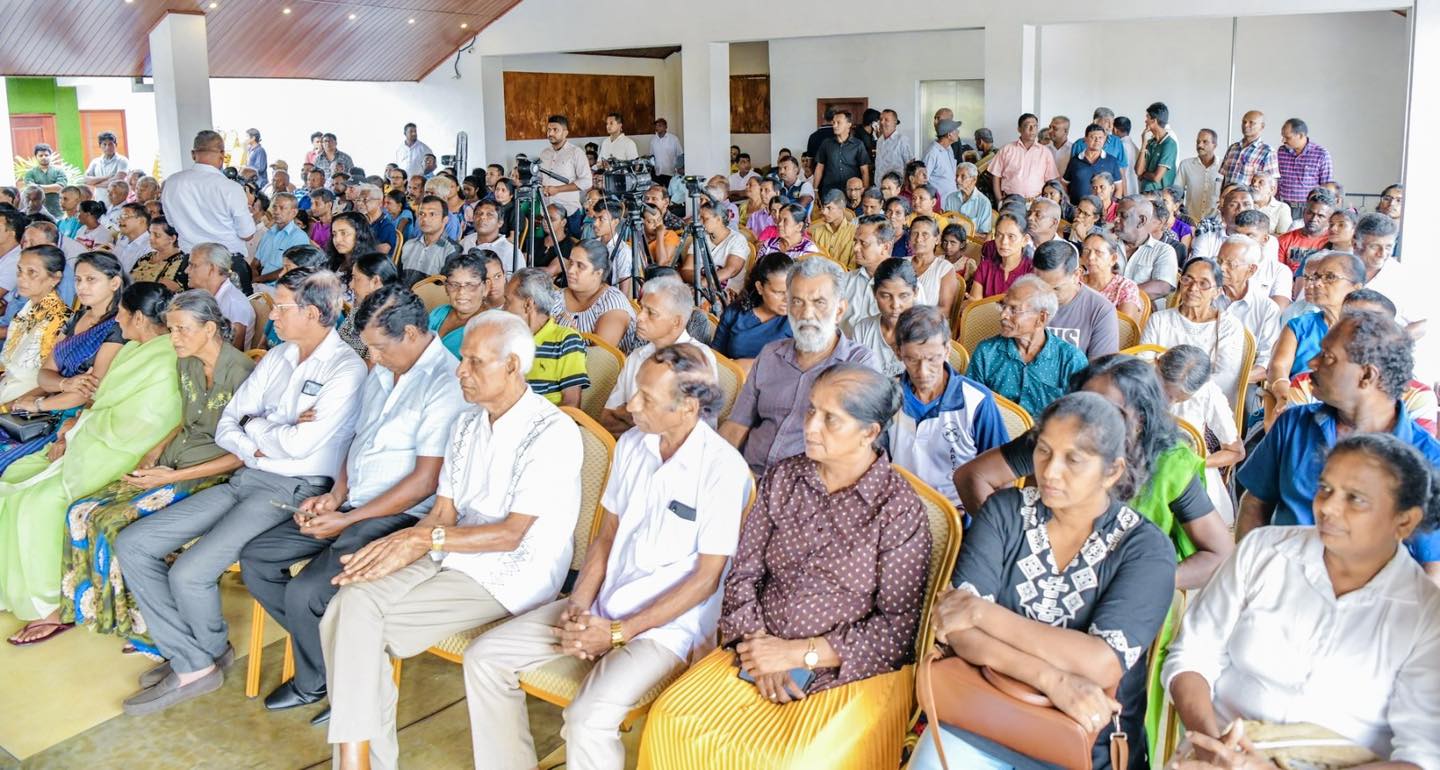
(Daily News)

